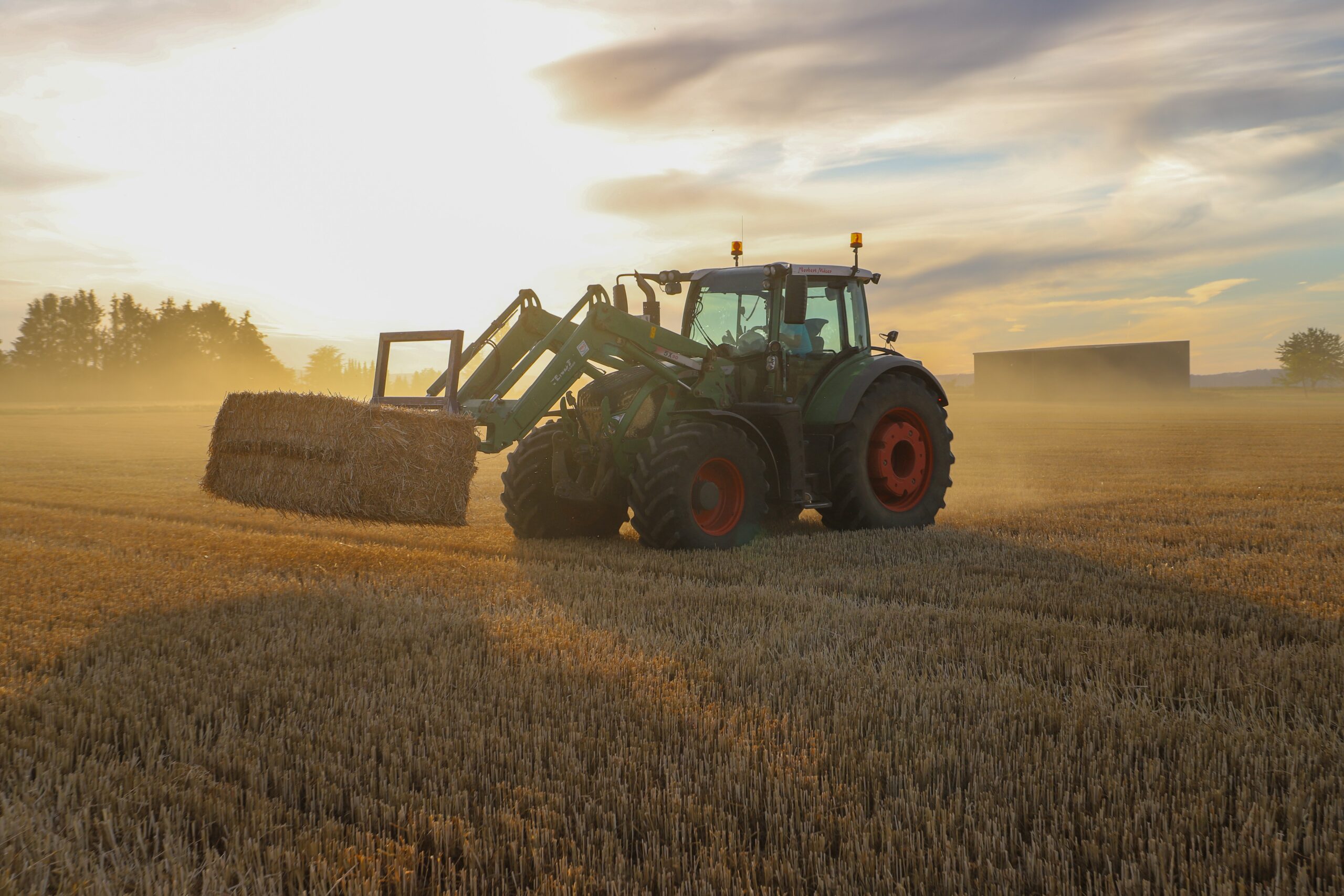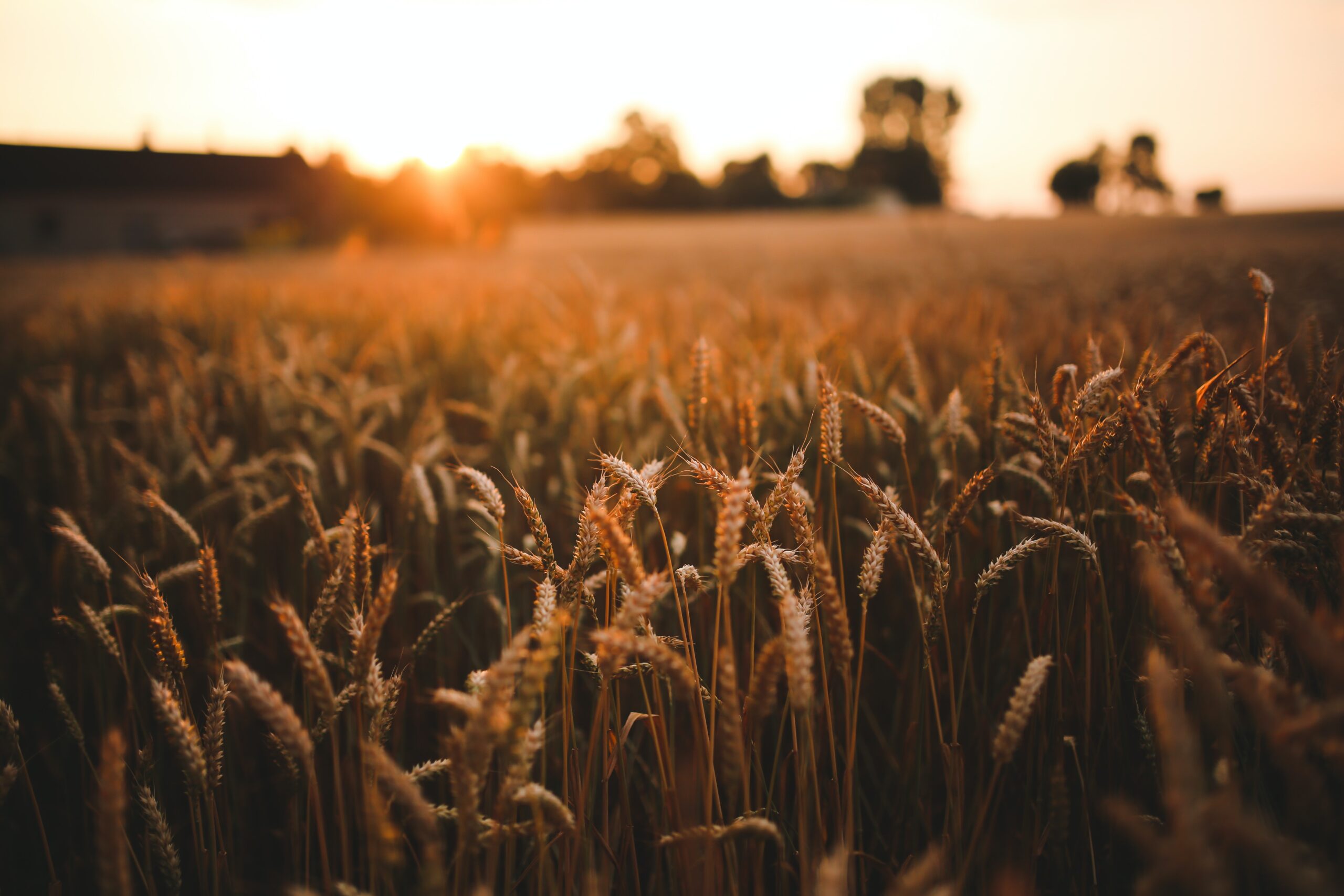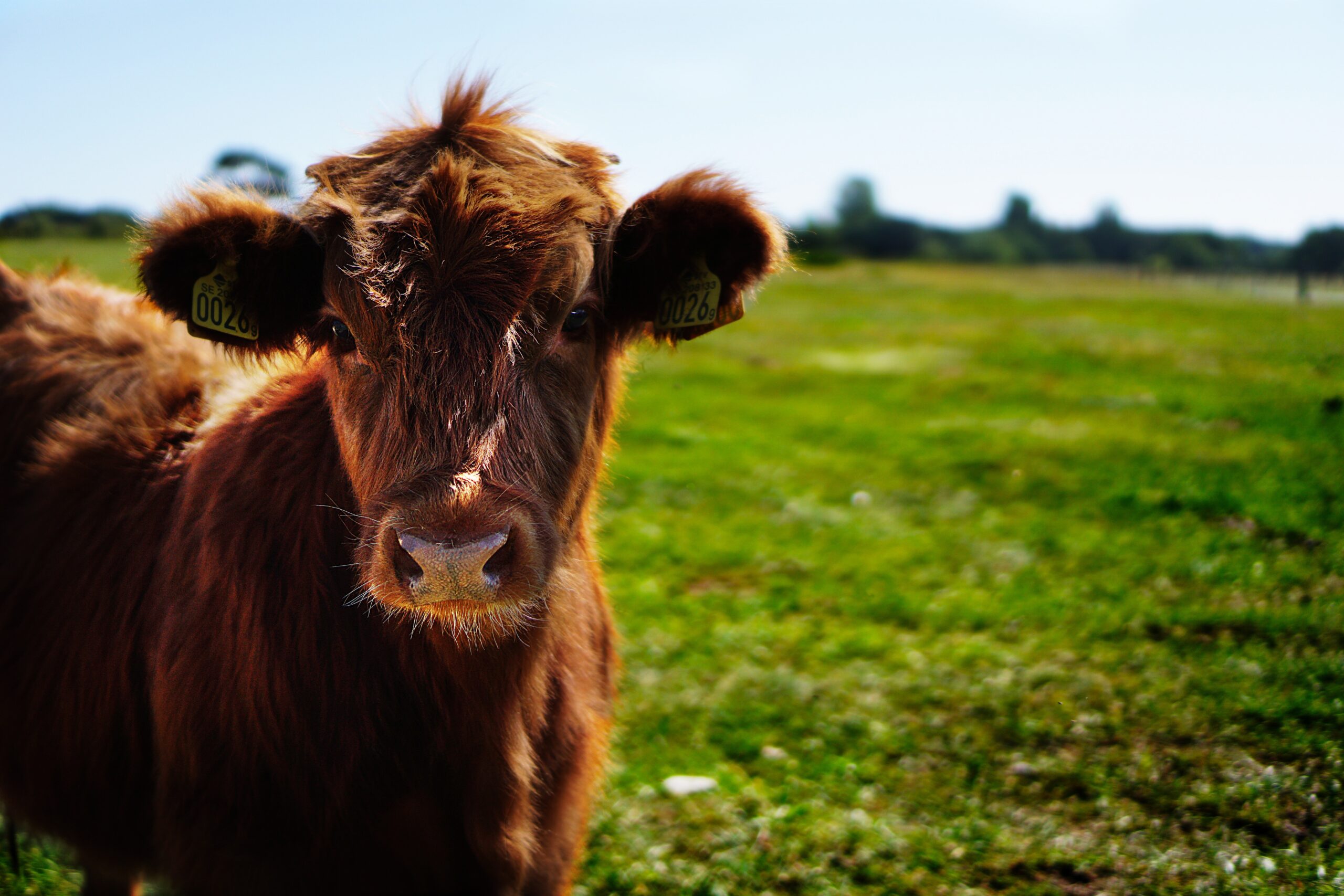Authored by: Victoria Walsh
Working on a farm may sound idyllic, but statistics show, agricultural workers are, in fact, more likely to suffer from extreme stress and depression than others in related industries.
Pressures of rural life can negatively impact mental health. With levels of stress and depression in the farming industry increasing year on year and suicide rates in agricultural workers among the highest in any related occupational group, mental ill-health signs must be spotted early for treatment to be effective.
Who is at Risk?
Stress and depression, and other mental health issues can affect anyone, with one in four people have experienced mental health-related problems every year in the US. The remote nature of farming and the significant isolation of rural communities can leave farmers and their families feeling cut off and lonely.
Farming is seen as a relaxing and calm industry, but those who work within it know this is often not true. Farm life enables families to work together for long periods, which is often the problem. Too much togetherness and not enough alone time can lead to tension and difficulties that can trigger stress and lead to depression.
To farm effectively, you must be ‘in control’ all the time. Being ‘in control’ can literally mean life or death to livestock or people. These increased stress levels in an already dangerous working environment can pose a threat to personal safety through machine accidents and other farming-related incidents.
How to Tell If Someone is Stressed?
Stress is a contributor to mental health problems such as depression and chronic depression. Symptoms of stress will differ from person to person, and, indeed, a little stress is actually good for us.
Mild stress can help us focus and promote productivity. It’s when mild stress turns into something more sinister, and the person becomes unable to cope and reacts in ways that his or her peer group are not used to, for instance:
- Increased irritability over small or inconsequential things
- Impatience or frustration over day to day tasks
- Angry blow ups or difficulty controlling negative emotions
- Becoming remote or withdrawing from others
- Losing interest in things that once promoted joyfulness
- Feeling and talking negatively about others and yourself
- Concentration problems or difficulty in making decisions
- Neglecting the farm or livestock
- Neglecting themselves by not washing or wearing clean clothes
- Intensively ruminating over conversations with others or problem with others
Common signs are also unable to adapt to change and be unwilling to plan, schedule, or multitask. And when the individual can’t handle the issues quickly – not being flexible and showing signs that they are overwhelmed or feeling frozen or stuck with no way out.
Farmers Physical Health
Often a person who is suffering from stress and, or depression may display physical signs including the following:
- Head, backache, and extended muscle pain
- Trouble relaxing, restlessness, and anxiety
- Rapid heart rate displayed by increased breathing
- Chest pain and heart attack symptoms
- Feeling and being sick
- Insomnia, sleeplessness, and general poor sleep habits
- Reduced sex drive or no interest in sex at all
- Digestive issues including loss of appetite or increased obsessive eating
The information noted below is not an exhaustive list, but it is a good indicator of potential problems. A combination of the untreated issues could lead to severe outcomes such as chronic depression and even suicide.
What Can be Done?
Often acknowledging that stress or depression is an issue is needed to start the recovery process. Slowly making minor improvements can improve overall wellbeing, and these could include:
- Taking more time off when possible
- Exercising away from the farm, getting a change of scene
- Getting enough quality sleep
- Eating regularly in a healthy manner
- Doing things to help others
- Accepting help from others, including professionals
- Making sure that typical day to day processes happen at designated times
- Connecting with other agricultural workers who understand the issues
- Delegating, accepting that one person is not responsible for the entire industry or business
If implementing the suggested measure improvements is not apparent, it may be time to seek professional help.
Visit your Doctor or Healthcare Provider
Family doctors or healthcare professionals who practice in locations with many farms or agricultural communities should have the right kind of experience to understand specific issues first hand.
Family and Community Support Matters
Living and working with family members may be part of the problem, but help from the extended family or community can make a world of difference. Just knowing you’re not alone and others emphasize or understand what you’re going through will help with feelings of isolation and despair.
There are several online support groups that farmers can contact through Facebook or community pages on the net. The following sites might be helpful to those suffering.
- American Farm Bureau
- Texas Farm Bureau
- National Young Farmers Coalition
- Grass Roots International, funding social movements for change
- National FFA Organization – a student organization for young farmers
- National Farmers Union – Farmers educational and cooperative union of America
The American Farm Bureau, amongst others, recently campaigned on social media to have the effects of stress and depression recognized as an issue within the farming and agricultural community. Using the hashtag #FarmStateofMind the campaign has gained ground, breaking down barriers and disrupting the stigma associated with mental health issues. This can only be a good thing.
The universal hashtag #itsokaynottobeokay can also be applied to the farming community, proving that wherever farmers are in the world, they can unite and know that they are not alone. Staying in touch and informed is the best way to keep on top of stress and depression. The use of online communication tools such as Instagram and Facebook has provided a lifeline to many.
Take Away
Things to take away are:
- No one is alone; help is available for farmers in need
- Communication is key, whether that’s with family and friends or the wider community
- There’s no shame in asking for help
- There’s no stigma in having mental health problems
- Stress and depression are treatable
Farming is not a job; it’s a way of life, and it can be a great life, so don’t wait for stress to turn into depression, act now and nip mental health issues in the bud.



